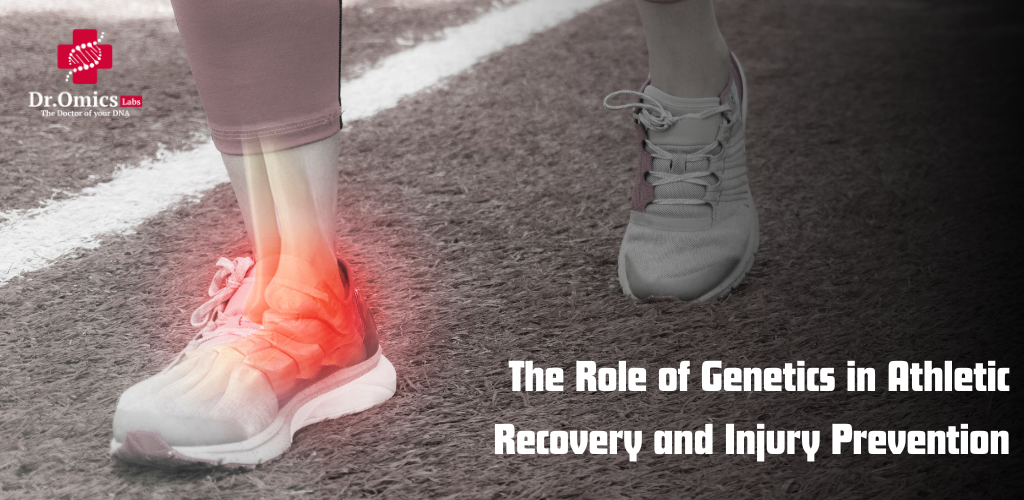In today’s era of personalized sports medicine, genetics has emerged as a game-changer. Whether you’re an elite athlete, a weekend warrior, or someone committed to fitness, understanding how your DNA influences your performance, recovery, and injury risk can give you a vital edge. Through sports genetics, athletes now have access to insights that help them train smarter, recover faster, and reduce the likelihood of injuries.
Your DNA, Your Athletic Blueprint
Genetic testing has evolved to uncover how specific variations in your DNA—known as Single Nucleotide Polymorphisms (SNPs)—can influence physical performance and recovery. By analyzing these variations, a DNA test for injury risk can highlight potential vulnerabilities such as susceptibility to ligament tears, muscle fatigue, or slow tissue repair.
Some key genes include:
COL5A1: Linked to ligament integrity and predisposition to soft tissue injuries.
ACTN3: Known as the “speed gene”, it plays a role in muscle performance and recovery.
IL6 and TNF-α: Influence inflammation and post-exercise muscle recovery.
Genetic Predisposition to Injury: Can It Be Prevented?
Athletes often face injuries that seem unpredictable. But with genetic insights, many of these injuries are not only predictable—they’re preventable. For example, variants in MMP3 and GDF5 have been associated with joint degradation and knee injuries, common in high-impact sports.
Knowing your genetic predisposition to ligament tears or poor collagen formation allows athletes to take preventive measures such as targeted strength training, customized recovery protocols, and proactive physical therapy.
Muscle Recovery Genes: Healing Smarter, Not Harder
Recovery is where progress happens. Some individuals recover faster due to their genetics—others may require more support. Key muscle recovery genes, like IL6, IGF1, and CRP, regulate inflammation and tissue regeneration post-training.
A DNA-based approach to recovery helps athletes:
Optimize sleep and nutrition based on inflammatory response
Tailor training volume and intensity
Use targeted supplements to reduce oxidative stress
Athletic Endurance DNA: Going the Extra Mile
Not everyone is built for endurance—but your genes can tell you how far you can go. Endurance-related genes such as PPARGC1A, ACE, and NOS3 impact how your body uses oxygen, stores glycogen, and resists fatigue.
Knowing your athletic endurance DNA helps in:
Choosing the right sport (e.g., sprint vs. marathon)
Structuring cardio workouts
Improving mitochondrial efficiency and VO₂ max
Personalized Sports Medicine: The Future is Here
Gone are the days of one-size-fits-all training. With performance genomics, athletes now benefit from personalized sports medicine—a fusion of genetics, biomechanics, and recovery science. Whether you’re trying to prevent injuries, build strength, or enhance endurance, genetic insights can guide every decision you make.
Final Thoughts
Understanding your genetic profile doesn’t just benefit performance—it protects it. Whether you’re aiming for gold or lifelong fitness, sports genetics helps you work with your body, not against it. From identifying your risk of injury to designing the perfect recovery routine, your DNA holds the key to smarter training and safer results.




